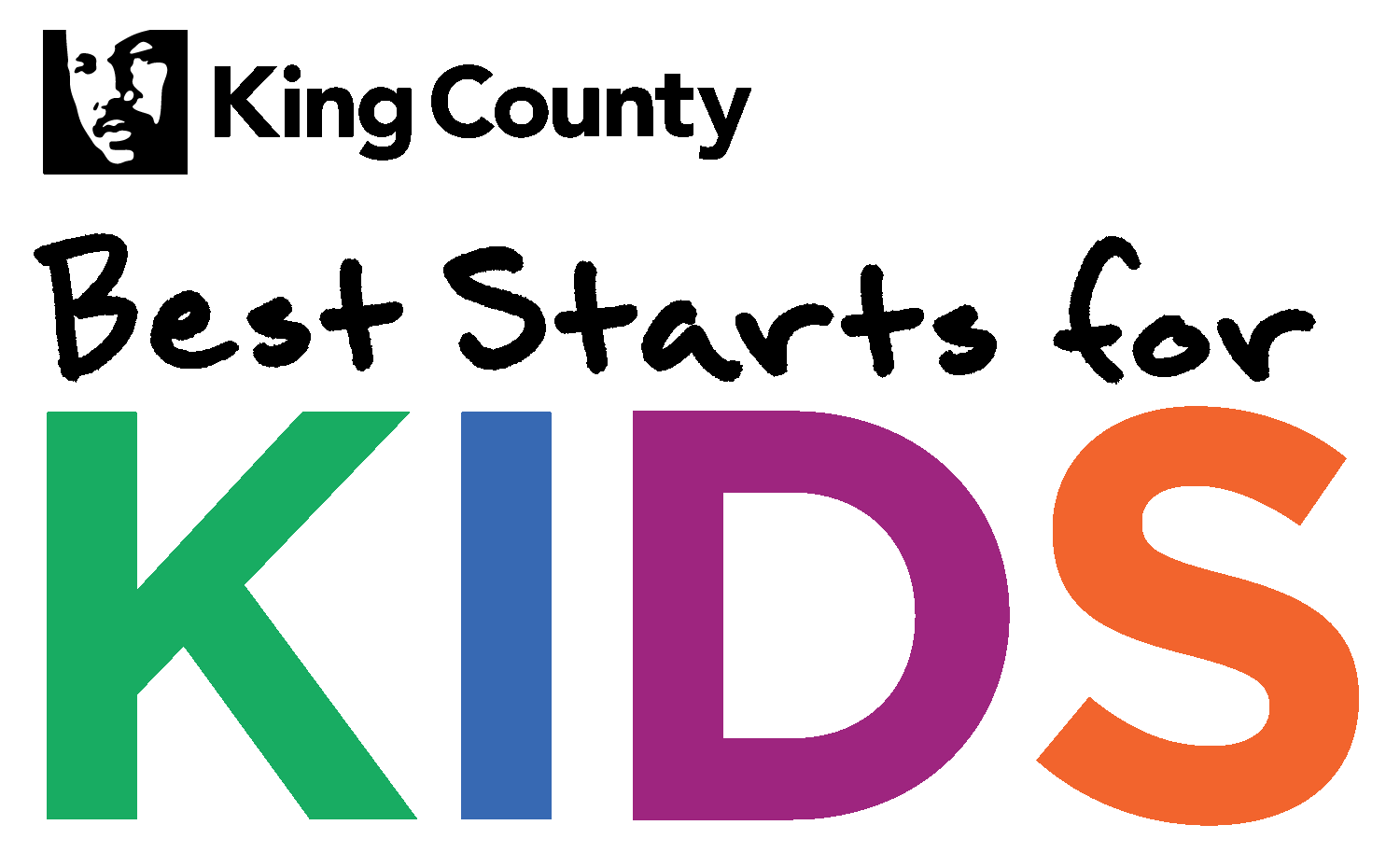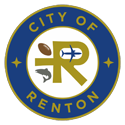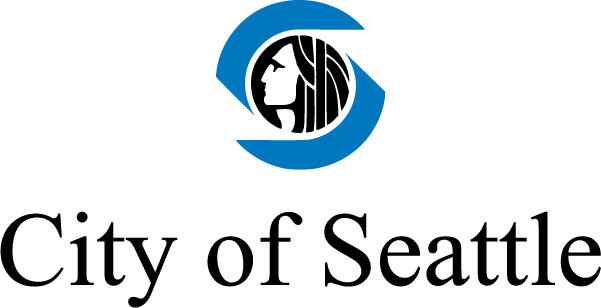May 22, 2018
Sometimes We Need A Little Help
Kris Raftis
RAYS Director of Strategic Relationships

I remember having to hide my money in my room when I was a kid. I was so young I was keeping my life savings in a piggy bank. If I didn’t hide it my sister would come in my room and take it. When I complained to my parents they reminded me that I knew she did this so why didn’t I hide it?
I didn’t realize that this was strange until I was an adult and was able to look back on a lifetime of “odd” behaviors within my family to cope with my sister’s undiagnosed mental illness.
My sister was a surprise baby after my parents were told they couldn’t have kids and so had adopted me as an infant 5 years earlier. It was a difficult birth but then pretty normal infancy. There were a few developmental signs such as Tracy didn’t talk until she was 2. She understood everything that was going on, she just didn’t verbalize about it. Once she started talking, it was in full sentences and advanced.
We grew up in a small Midwest farming community where people were hard working and scrappy. If someone was a little different, they were cared for by their family and people didn’t talk about their problems. We didn’t talk about Tracy’s stealing or her lying. She would lie about anything. Most kids go through a lying phase to get out of punishment, but her phase never ended. As an adult she would lie about being married, about having a job, and about being pregnant. What I came to believe later is that she actually believed her lies to be the truth and she was often able to convince me to believe her too.
Looking back, we might have managed to get her help for some of these issues if we hadn’t had the life altering experience of our mom dying when Tracy was 13 and I was 18. That was a trauma our family would not recover from and sent Tracy into a downward spiral of unhealthy behaviors. At that point we did get her into counseling. It seemed to help for a while, but she didn’t stay with it and the therapist wasn’t working with a physician to discuss the combination of physical and emotional issues going on. From working at RAYS, I have a better understanding of the importance of integrated health care and how this can impact successful treatment plans for patients.
From working at RAYS, I have a better understanding of the importance of integrated health care and how this can impact successful treatment plans for patients.
I had always wanted to have a good relationship with my sister. The kind I saw in other families where siblings loved each other, had fun together and supported each other. I envied that, especially after we lost our mom. It would have been so wonderful to have a close friend in the family – someone who shared all the same memories and could share the responsibility of caring for dad. It wasn’t possible.
Why am I writing about this now – years after Tracy has passed away from health complications? I’m writing this because I know it’s hard for people to talk about the times in their life that they didn’t how to help someone they loved. I think about my sister more often since I started working at RAYS, especially when I hear my colleagues talk about how they are working with a client to overcome a particular challenge. Or when I hear kiddos walk down the hall past my office to pick a game to play with their therapist. I know they are going to be in a safe space to talk about whatever is bothering them. The recent experience of a 15 year old losing his mom and learning breathing exercises to cope with his deep grief really hit home. Our therapists are teaching kids and families tangible skills that are going to help them cope with the challenges life throws at them.
I’m writing this because I know it’s hard for people to talk about the times in their life that they didn’t how to help someone they loved.
I was a child during much of the time I lived with my sister and I didn’t have the skills to help her. The best I could do was survive. It makes me sad to think that maybe if we had had a place like RAYS when I was growing up, and if others around us had helped remove the stigma against mental health, maybe my sister could have had a better life. Maybe we all would have.
I am proud and grateful to be part of RAYS. I get to work with caring and passionate individuals who are committed to helping children, youth and families lead their best life. My role is to connect people who want to help with the people who need our help and I love making those connections.
Almost everyone has a family member who has struggled with their emotional and mental health and we need caring experts to help us when we are at our most vulnerable. It is too late to help Tracy and to re-do my childhood, but it’s not too late for the kiddos who find their way to my amazing colleagues at RAYS. We can all play a role in their success.
Thank you to our RAYS clinicians, interns, and program staff. You save lives every day.






